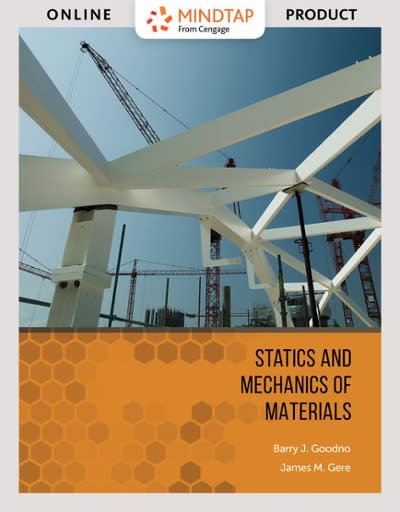Question
Case 7: Whitman v. American Trucking Associations , 531 U.S. 457 (2001) (Mallor 15 th Ed. P. 1228) The federal Clean Air Act requires the
Case 7: Whitman v. American Trucking Associations, 531 U.S. 457 (2001) (Mallor 15th Ed. P. 1228)
The federal Clean Air Act requires the Environmental Protection Agency (EPA) to promulgate and periodically revise national ambient air quality standards (NAAQS) for each air pollutant that meets certain statutory criteria. Section 109 of the statute calls for the EPA to set, for each pollutant, a standard reflecting a concentration level "requisite to protect the public health" with an "adequate margin of safety." In July 1997, the EPA issued final rules revising the NAAQS for particulate matter and ozone. Various parties, including American Trucking Associations, Inc., filed petitions for review in the United States Court of Appeals for the District of Columbia Circuit. The D.C. Circuit held, among other things, that the Clean Air Act did not permit the EPA to consider costs of implementation in setting NAAQS, and that in any event, the challenged rules had been formulated pursuant to an unconstitutional delegation of power from Congress in 109. However, the D.C. Circuit remanded the proceedings to the EPA, in order to allow the agency to construe 109 in a way that would cure the delegation problem.The U.S. Supreme Court granted the EPA's petition for certiorari.
Please answer true or false for the following statements. It would be appreciated if you could give some explanation for your answer.
1. The Environmental Protection Agency is a departmental, administrative agency within the Executive Branch whose administrators can be removed from office by the President with or without cause.
2. The EPA issued its final NAAQS for particulate matter and ozone pursuant to its rulemaking powers provided in 109 of the Clean Air Act.
3. Whether the final NAAQS for particulate matter and ozone were issued pursuant to an unconstitutional delegation of power from Congress is a decision for the administrative agency upon remand from federal courts.
4. Because the text of 109, which requires the EPA to "establish uniform national standards at a level that is requisite to protect public health from adverse effects of the pollutant in the ambient air," is ambiguous, the Court should defer to the EPA's reasonable resolution of that ambiguity under Chevron.
5. The costs of implementing the NAAQS for particulate matter and ozone cannot be considered by the EPA, because the EPA is prohibited from considering implementation costs in setting primary and secondary NAAQS under 109(b).
Step by Step Solution
There are 3 Steps involved in it
Step: 1

Get Instant Access to Expert-Tailored Solutions
See step-by-step solutions with expert insights and AI powered tools for academic success
Step: 2

Step: 3

Ace Your Homework with AI
Get the answers you need in no time with our AI-driven, step-by-step assistance
Get Started


